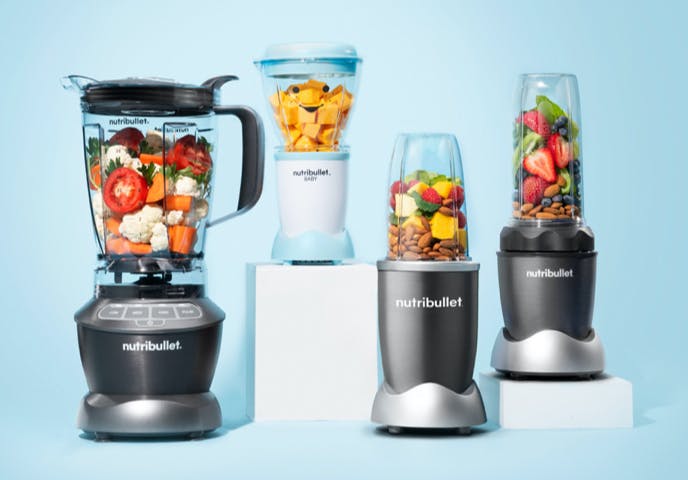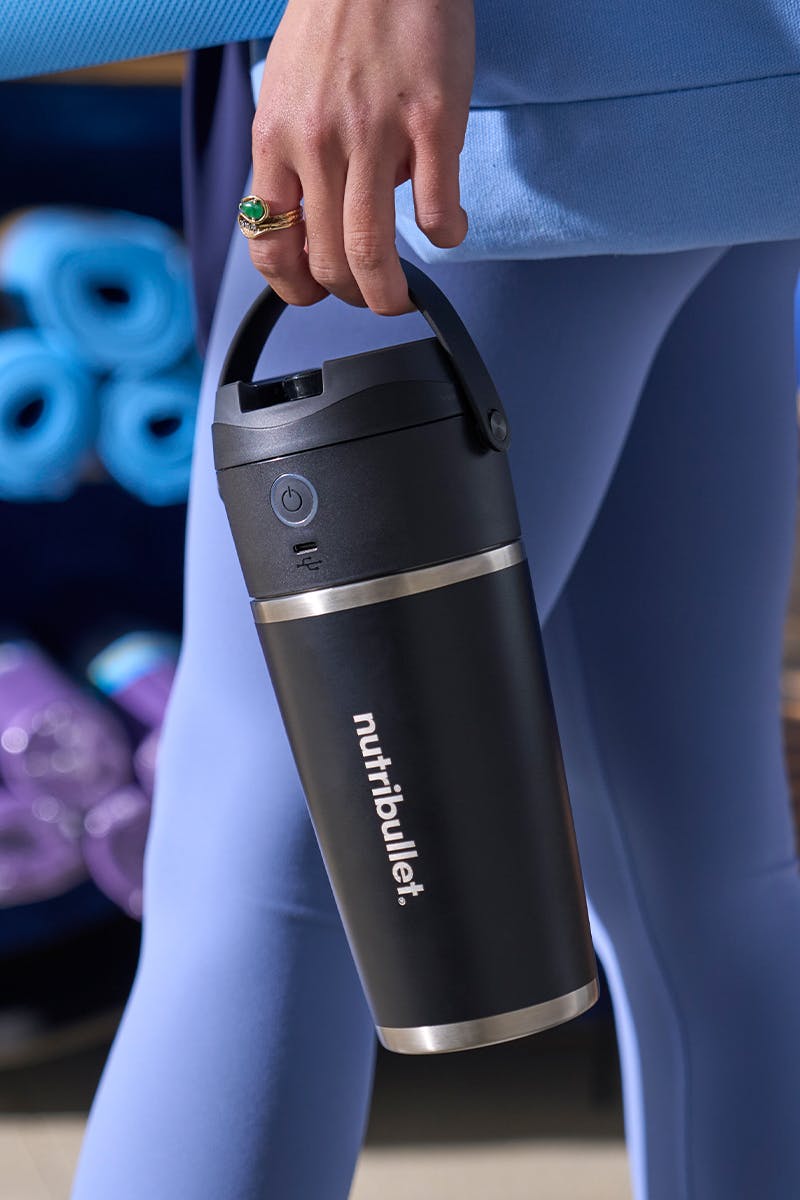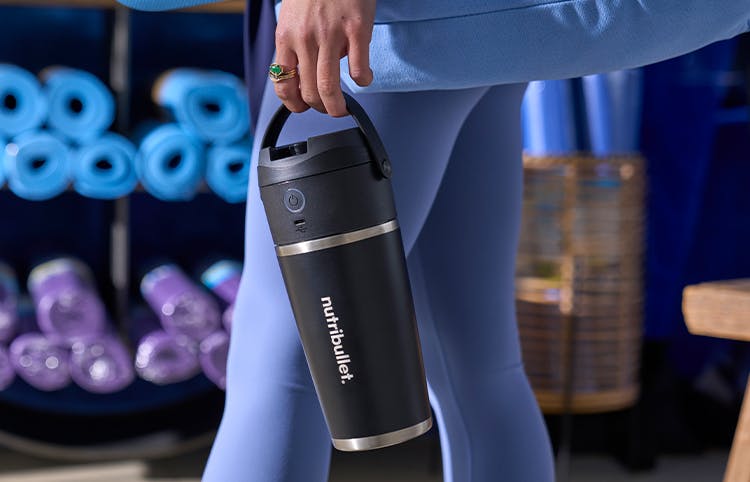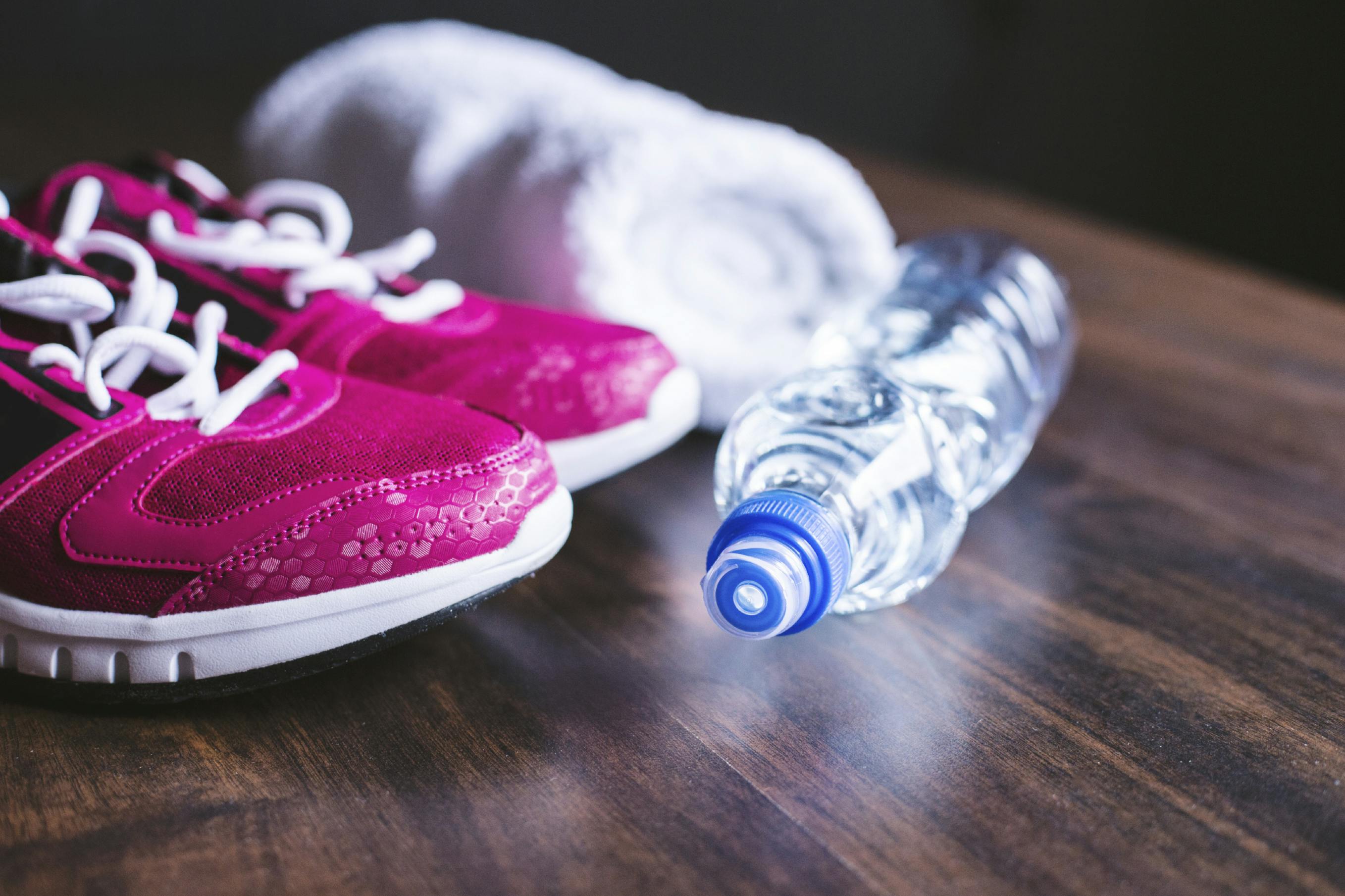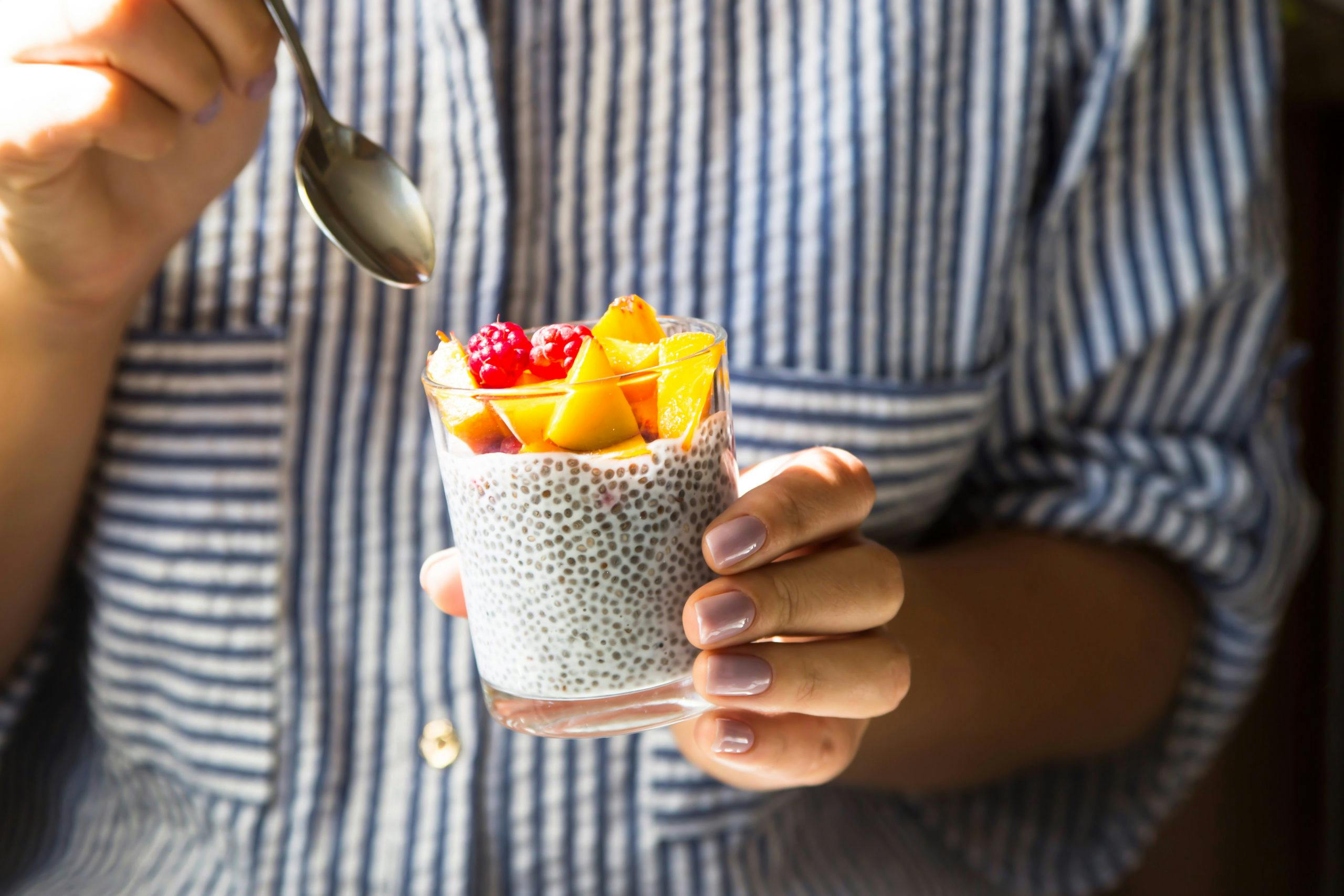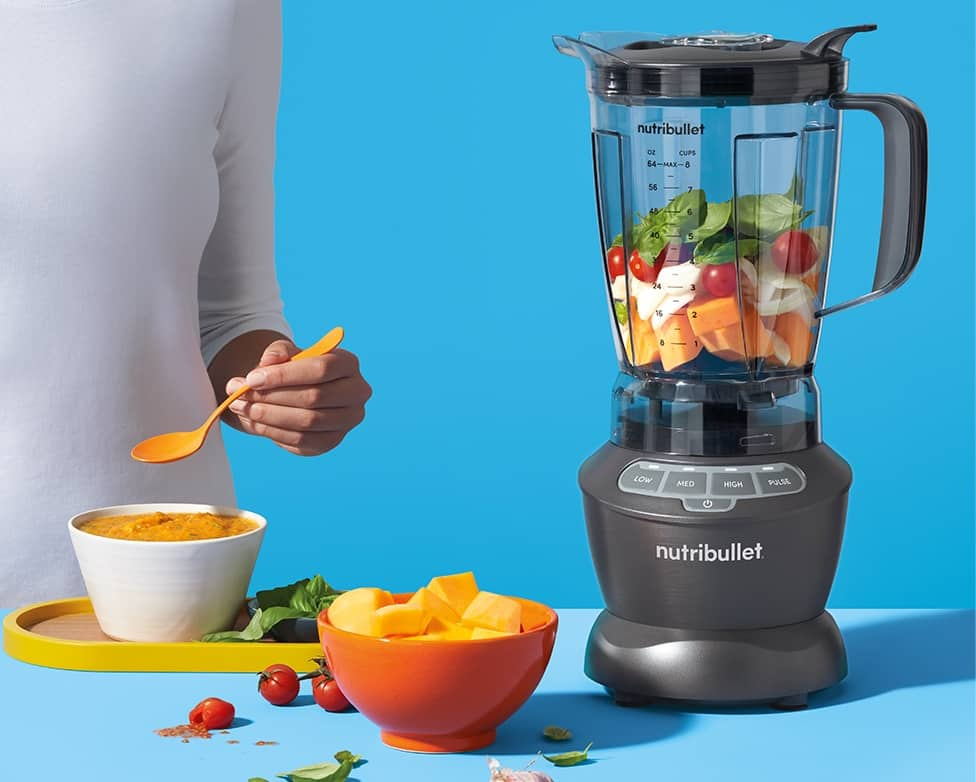My cardiac rehab patients often create the most entertaining phrases to sum up the educational tools used in their recovery processes. Most recently, the one that got my attention was KISS, or “Keep it simple, stupid!” One of life’s best mantras! Taking care of your heart shouldn’t be overly complicated, which is why I’ve compiled 9 simple tips for keeping your heart healthy.
Here’s my list of dos and don’ts for overweight or diabetic patients, as well as anyone who wants to take better care of his or her heart.
- Limit Saturated Fat. To remember what to cut down on, refer to DART.
- Dairy: whole milk, cream, butter, and regular cheese
- Animal Fat: beef, pork, chicken, and fish
- Restaurant: fried food, especially
- Treats: refined carbohydrates including cookies and baked goods (especially if they contain hydrogenated or palm kernel oils)
- Limit the cholesterol you eat to less than 200 mg a day. Foods that are high in cholesterol include fatty meats, regular cheeses, and other dairy products that aren’t slim or lower.
- Cut back on sodium. The salt shaker contributes only 5 to 11 percent of the sodium in an average diet. The rest comes from restaurants, processed foods, deli meats (including the freshly cut ones), canned food, and convenience items. It’s best to consume those in moderation or avoid them overall.
- Get more fiber. Aim for a minimum of 25g grams of fiber a day. If you can squeeze in 40 grams, that’s even better! Vegetables, beans, fruits, and whole grains are excellent sources of fiber. You can also consider taking supplemental fibers like psyllium fiber.
- Eat approximately four ounces of fish twice a week. Coldwater fish like salmon, albacore tuna, cod, and trout are rich in omega-3 fatty acids, which help lower the risk of heart disease. Talk to your dietitian or pharmacist to understand healthy levels of Eicosapentaenoic Acid (EPA), a type of omega-3 fatty acid, found in foods and supplements.
- Only consume alcohol after asking your doctor if it will mix with your medication(s). And if your doctor gives you the green light to drink in moderation (up to one drink per day for women and up to two drinks per day for men), consider sipping on red wine.
- Consume no more than 200-300 mg of caffeine in a day. Caffeine affects blood pressure and rapid eye movement (REM) sleep. Excess consumption leads to interrupted or loss of REM sleep cycles which affects blood pressure and weight.
- Understand what to look for on a food label. Know what all the numbers actually mean to better understand how the food will affect your body.
- If you plan on using a meal preparation service that makes meals according to a prescription, consider the one I recommend to most of my patients: a heart-healthy, high-fiber, carbohydrate-controlled, weight management meal plan. From there, I prescribe a set of calories based on how much weight needs to be lost or gained. To meet the personalized needs of my patients, I also set specific numbers for fiber, fat, and protein intake.
By following these simple steps and turning them into habits, you’re on your way to a healthier heart and a healthier you! Be sure to talk to your doctor about ways to reduce your cardiac disease risk.










